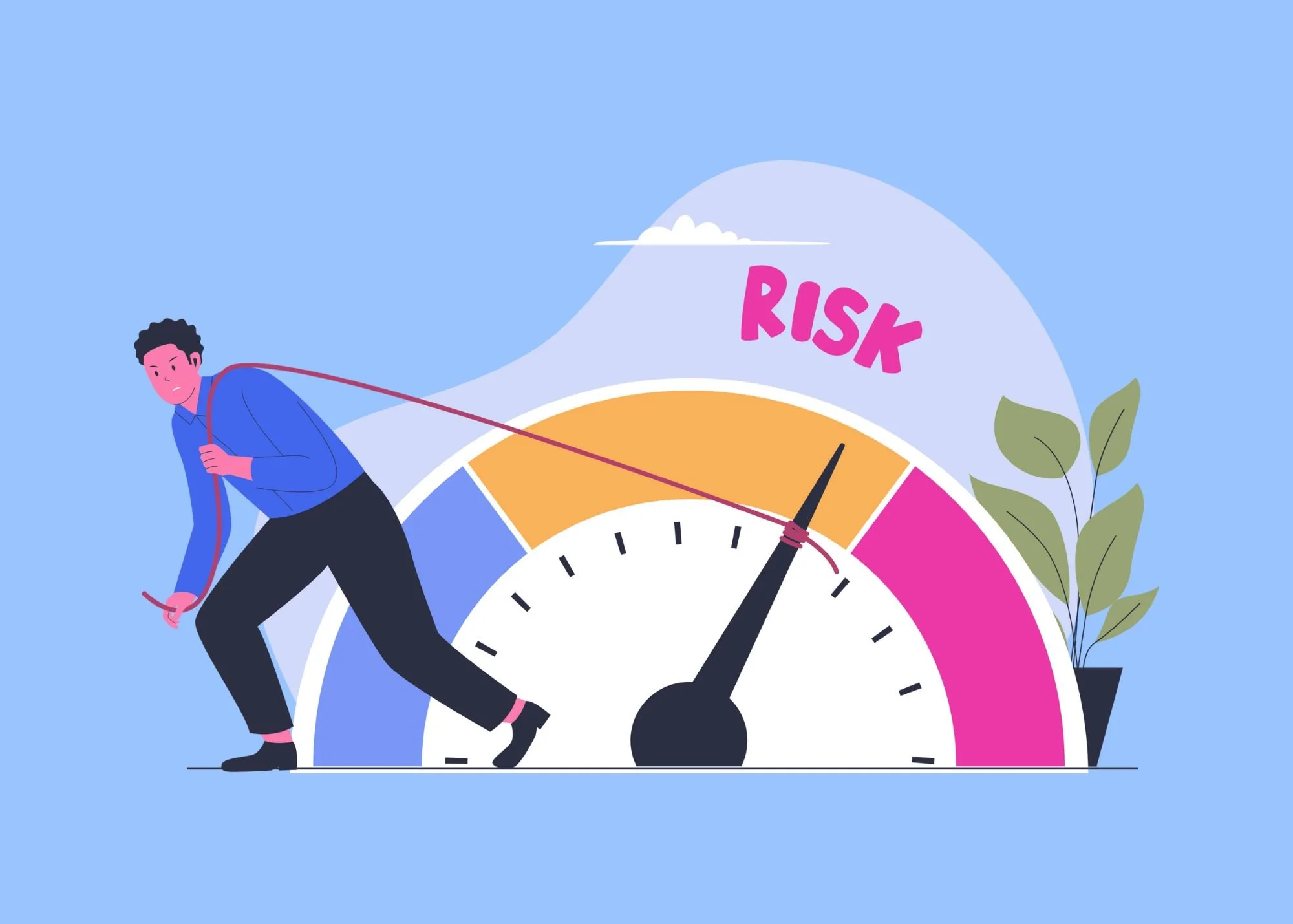Sunk Cost Fallacy: Throwing Good Time After Bad
Are You Trapped by Past Investments?
You’ve poured months into a project that’s clearly going nowhere. You’re stuck in a job you hate because you’ve spent years climbing the corporate ladder. You keep going to a dead-end networking group because you already paid for the membership.
Deep down, you know these things aren’t serving you. But walking away? That feels impossible.
Sound familiar? You, my friend, are caught in the sunk cost fallacy.
What Is the Sunk Cost Fallacy?
The sunk cost fallacy is when you continue investing in something—whether it’s time, money, or energy—simply because you’ve already invested so much. Instead of making decisions based on future benefits, you get stuck trying to justify past costs.
This happens everywhere:
Careers – Staying in a high-stress job that’s burning you out because of the years you spent getting promotions.
Relationships – Holding onto friendships or romantic relationships that are draining, just because you’ve been in them for years.
Projects – Forcing yourself to finish a book, course, or side hustle you lost interest in because you’ve “come too far.”
Money – Keeping a gym membership, subscription, or expensive hobby you don’t use because “it’d be a waste” to quit.
The truth? The real waste is spending more time on something that no longer benefits you.
The Science Behind the Sunk Cost Fallacy
Your brain isn’t just being stubborn—this is a deeply ingrained cognitive bias.
Humans hate loss more than we enjoy gain. Psychologists call this loss aversion—we feel pain more intensely when we lose something than we do pleasure when we gain something. This is why walking away from something we’ve invested in feels so uncomfortable, even when it’s the logical choice.
When we invest in something, our identity gets tied to it. If you spent a decade in finance but now want to switch careers, admitting that finance isn’t for you can feel like erasing part of who you are.
And when we’re under stress, our ability to make rational decisions gets hijacked by emotion. Instead of asking, “What’s the best decision moving forward?” we default to, “How do I not feel like I wasted my time?”
Why the Sunk Cost Fallacy Is Worse for Stressed, Busy Professionals
When life is pulling you in a dozen directions, it’s even harder to recognize when you’re stuck in the sunk cost trap.
You’re too exhausted to think clearly – Chronic stress clouds your judgment, making it easier to justify staying the course.
You don’t have time to evaluate alternatives – Your schedule is packed, so making a big change feels overwhelming.
You fear the uncertainty of quitting – Letting go of something familiar—even if it’s bad—feels risky when you already have so much on your plate.
You feel guilty for ‘wasting’ past effort – It’s easy to feel like leaving means all your hard work was for nothing.
But the reality? Holding on is costing you more.
How to Break Free from the Sunk Cost Trap
If you’re stuck in a situation that no longer serves you, here’s how to shift your mindset and move forward:
1. Shift from “What Have I Invested?” to “What Am I Gaining?”
Instead of asking, “How much have I put into this?” ask yourself:
“If I were starting fresh today, would I choose this?”
“What’s the opportunity cost of staying?” (i.e., What am I missing out on by staying stuck?)
“Does this align with my future goals?”
If the answer is no, it’s time to consider walking away.
2. Accept That Your Past Investment Is Gone—No Matter What
The money, time, and energy you spent are already gone. Holding on won’t get them back.
Think of it like this: If you paid for an expensive meal but it tastes awful, should you force yourself to eat every bite just because you paid for it? Or should you cut your losses and move on?
3. Set an Exit Strategy
Sometimes, you can’t just quit immediately, especially when it comes to jobs, relationships, or long-term commitments. But you can create an exit plan:
If you’re in a toxic job, start networking and applying elsewhere.
If a project isn’t working, set a deadline to reassess and pivot.
If a relationship is draining you, set boundaries or gradually distance yourself.
4. Get Comfortable with “Wasted” Effort
It’s not wasted if you learned something from it. Every experience—good or bad—teaches you what works and what doesn’t. Instead of seeing it as a loss, reframe it as valuable insight for better future decisions.
5. Use the “One-Year Test”
Ask yourself:
“A year from now, will I be glad I stayed?”
“A year from now, will I regret not leaving sooner?”
Your gut instinct will likely give you the answer.
6. Surround Yourself with People Who Encourage Growth
If your circle reinforces the idea that quitting equals failure, it’s harder to move forward. Find people who remind you that changing paths is a sign of growth, not weakness.
7. Make a Small, Low-Stakes Change First
If the idea of quitting something major feels too overwhelming, start with something small:
Unsubscribe from a service you don’t use.
Say no to a commitment you don’t actually want to do.
Stop reading a book you’re not enjoying.
This helps train your brain to recognize that letting go doesn’t mean failure—it means making better choices.
Final Thoughts: The Power of Letting Go
The sunk cost fallacy keeps you stuck in places you don’t belong. But the sooner you recognize it, the sooner you can reclaim your time, energy, and mental clarity.
Walking away isn’t losing—it’s choosing. You’re not throwing away your past effort. You’re investing in your future self.
So if something in your life no longer serves you, it’s okay to let it go. Your future self will thank you.
Need Help? Change isn’t the risk—staying stuck is.
If you’re afraid to slow down, pivot, or try something new… that’s exactly where the work is.
Let’s figure out what growth looks like without losing everything you’ve built.
📅 Book a free 20-minute strategy session. Change doesn’t have to mean chaos.
Article References
The sources cited in the article:
Verywell Mind (VM). “The Sunk Cost Fallacy: How It Affects Your Life Decisions.” VM - Sunk Cost Fallacy: How It Affects Decisions
Positive Psychology (PP). “Sunk Cost Fallacy: Why We Can’t Let Go.” PP - Sunk Cost Fallacy: Why We Can’t Let Go
The Decision Lab. “The Sunk Cost Fallacy.” Decision Lab - The Sunk Cost Fallacy
Forbes. “Escaping The Sunk Cost Fallacy Trap.” Forbes - Escaping The Sunk Cost Fallacy Trap
Harvard Business Review (HBR). “How Susceptible Are You to the Sunk Cost Fallacy.” HBR - Susceptible to Sunk Cost Fallacy






